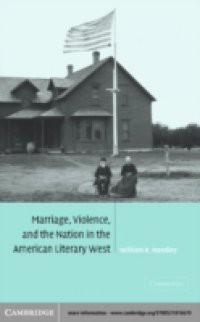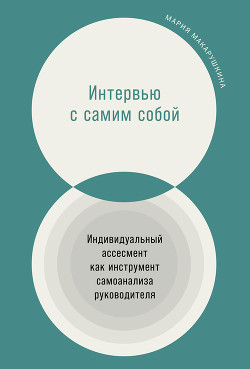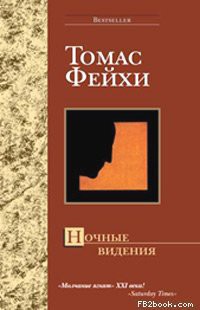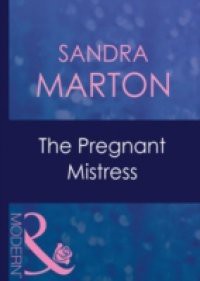In Marriage, Violence and the Nation in the American Literary West, William R. Handley examines literary interpretations of the Western American past. Handley argues that although scholarship provides a narrative of western history that counters optimistic story of frontier individualism by focusing on the victims of conquest, twentieth-century American fiction tells a different story of intra-ethnic violence surrounding marriages and families. He examines works of historiography,as well as writing by Zane Grey, Willa Cather, Wallace Stegner and Joan Didion among others, to argue that these works highlight white Americans' anxiety about what happens to American 'character' when domestic enemies such as Indians and Mormon polygamists, against whom the nation had defined itself in the nineteenth century, no longer threaten its homes. Handley explains that once its enemies are gone, imperialism brings violence home in retrospective narratives that allegorise national pasts and futures through intimate relationships.



















